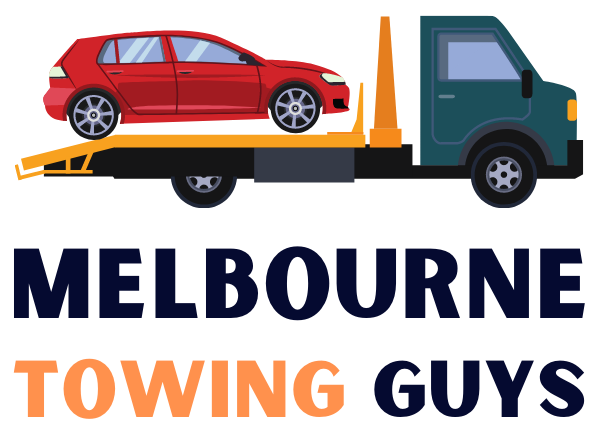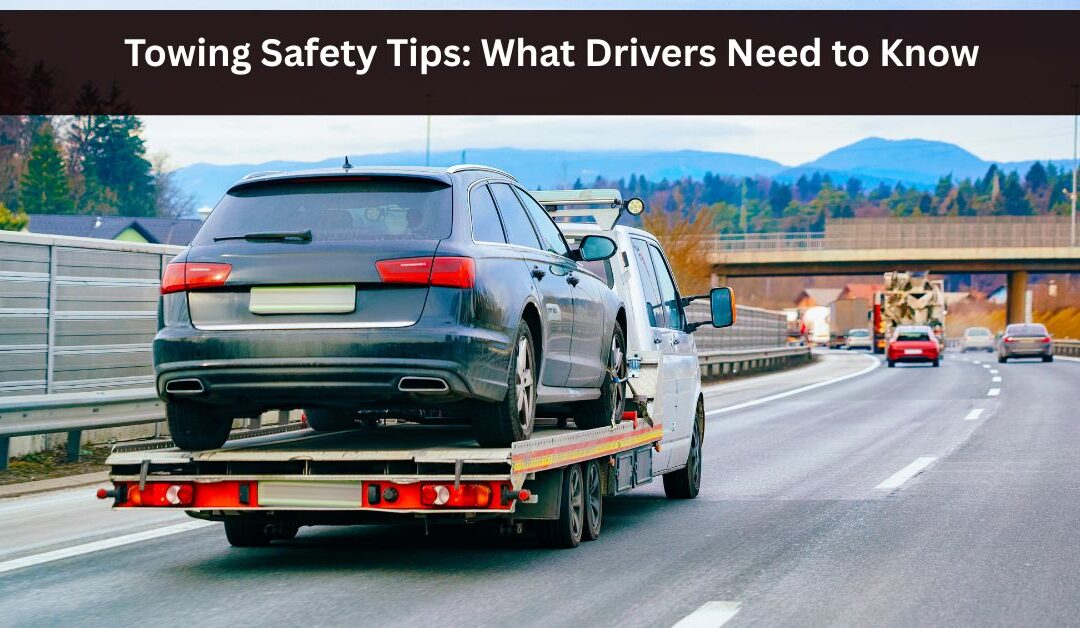Towing a vehicle, whether it’s your own trailer or calling in a tow service for a breakdown, is not as simple as just hooking up and heading out. There are many safety concerns to consider when towing, and overlooking them can result in accidents, injuries, or damage to vehicles. Whether you’re behind the wheel of a tow truck, towing a small trailer, or waiting for a tow operator, it’s crucial to understand and follow key safety practices.
Here’s what every driver needs to know to ensure towing is handled safely and efficiently.
Understanding Your Vehicle’s Towing Capacity
Before you ever attempt to tow anything, it’s critical to know your vehicle’s towing capacity. This is the maximum weight your car, truck, or SUV can safely tow without risking mechanical failure or loss of control. Exceeding the towing limit puts immense strain on the engine, brakes, transmission, and suspension, making your vehicle unsafe to operate.
You can usually find the towing capacity listed in your vehicle’s owner’s manual or on the manufacturer’s website. If you’re planning to tow a trailer, boat, or caravan, make sure you factor in the total weight — including cargo inside the trailer — not just the empty trailer itself. Staying within your vehicle’s limits will keep you safer on the road and reduce the likelihood of accidents.
Secure Proper Towing Equipment
The right equipment is just as important as the vehicle itself when it comes to safe towing. Hitches, tow bars, chains, lights, and brakes must all be correctly selected, installed, and maintained. Using equipment that isn’t rated for the weight you’re towing can cause a dangerous failure while driving.
Always double-check that the hitch is properly secured to the tow vehicle and that safety chains are crossed under the hitch connection. The chains act as a backup if the hitch fails. Additionally, trailer lights and brakes (if the trailer requires them) must be properly connected and tested before setting off. Faulty lights can lead to accidents because other drivers may not realize you’re braking or turning.
Taking the time to inspect and secure all towing gear can make the difference between a smooth journey and a dangerous mishap.
Adjust Your Driving Habits
Towing changes the dynamics of driving significantly. Your vehicle will be heavier, slower to accelerate, and will require a much longer distance to come to a stop. Sudden maneuvers, hard braking, and sharp turns are far more risky when towing.
When towing, always increase your following distance to allow for more reaction time. Take turns and corners more widely than you normally would to avoid clipping curbs or other vehicles. Be gentle with acceleration and braking to avoid trailer sway, and use lower gears when going uphill or downhill to maintain control.
Keep your speed moderate. High speeds increase the risk of trailer sway and make it harder to react to sudden changes on the road. Many accidents while towing happen because drivers underestimate how much slower and less responsive their vehicle becomes.
Driving with extra caution protects both you and everyone else on the road.
Be Prepared for Emergencies
Even with careful planning, emergencies can still happen when towing. That’s why preparation is key. Always carry a towing kit that includes essentials like spare tires for both the tow vehicle and trailer, a jack, wheel chocks, reflective triangles, and basic tools.
Make sure your mobile phone is fully charged and keep emergency contact numbers easily accessible, including a trusted local towing service if professional help is needed. If you experience problems while towing, it’s safer to pull over to a wide shoulder or designated emergency area rather than trying to push on.
If a trailer starts swaying uncontrollably, avoid braking sharply. Instead, ease off the accelerator and keep the steering wheel steady until the trailer settles. Panicking or making sudden moves can make the situation worse.
Knowing how to respond calmly to a towing emergency can prevent minor problems from becoming major ones.
When to Call a Professional
Sometimes, it’s simply safer and smarter to call a professional towing service instead of trying to handle the situation yourself. If your vehicle is severely damaged, if the trailer load is exceptionally heavy, or if you’re dealing with hazardous conditions like ice, steep hills, or busy highways, it’s better to let experienced tow operators take over.
Professional towing services have the right equipment, training, and expertise to safely recover vehicles from a variety of situations. They understand how to prevent further damage to your vehicle and minimize risk to other road users.
Recognizing when a situation is beyond your control and calling for professional help is not a failure — it’s a smart move that prioritizes safety for everyone.
Conclusion
Towing can be a necessary part of driving life, but it demands careful planning, the right equipment, and smart driving habits. Understanding your vehicle’s towing capacity, securing proper equipment, adjusting your driving style, preparing for emergencies, and knowing when to call in a professional are all crucial steps toward towing safely.
By staying informed and cautious, you can avoid accidents, protect your vehicle, and ensure that you, your passengers, and other drivers stay safe on the road. Whether you’re towing for recreation, moving house, or dealing with a breakdown, always put safety first to make the journey as smooth and secure as possible.
Melbourne Towing Guys
12 Esperance Rd
Mount Waverley VIC 3149
(03) 7037 7636


Recent Comments